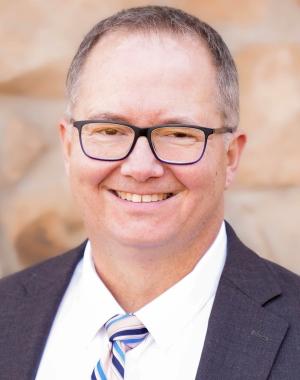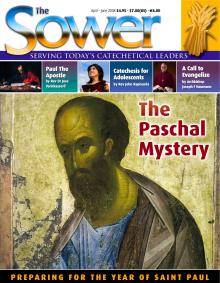James Pauley asks how we can overcome the liturgical indifference of so many we catechize.
I have the privilege and honor of teaching many of the young adults who come to Franciscan University of Steubenville to study Theology and Catechetics—and these young people love the Church’s liturgical life and are enthusiastic to cultivate liturgical understanding and liturgical living in the Catholic laity whom they will someday teach. When I ask my students to identify adjectives which describe their personal experience of the Church’s liturgical life, words like ‘beautiful,’ ‘mysterious,’ and ‘irreplaceable’ are often mentioned. Of course, if we were to ask this question of the typical cradle-Catholic fourteen-year-old boy, he might use a different word to describe what he thinks of the Mass and the sacraments. The word he might use starts with a ‘b’ and ends with ‘o-r-i-n-g’ – certainly not a favorite word of catechists!
Pope John Paul II described the sanctifying value of the sacraments for human beings in this way: ‘it is in the sacraments, and especially the Eucharist, that Christ Jesus works in fullness for our transformation.’[i] Of course, the transformation John Paul wrote of does not come about through mere liturgical attendance, but only through the ‘full, conscious and active participation in liturgical celebrations called for by the very nature of the liturgy.’[ii] If our fourteen-year-old boy is bored and uninterested in the liturgical realities set in motion before him, it is highly unlikely that his transformation will result merely from his presence.
In my opinion, this is the great liturgical-catechetical crisis of our era. Severely limited in their understanding of what is happening in the liturgical drama and therefore in their capacity to fruitfully participate, many today are essentially cut off from the sacramental power to actually live the life of Christ in the world. How do we begin to break through the liturgical indifference which plagues so many today? This is an important question, to be sure.
The rest of this online article is available for current Guild members.
This article is from The Sower and may be copied for catechetical purposes only. It may not be reprinted in another published work without the permission of Maryvale Institute. Contact [email protected]


















